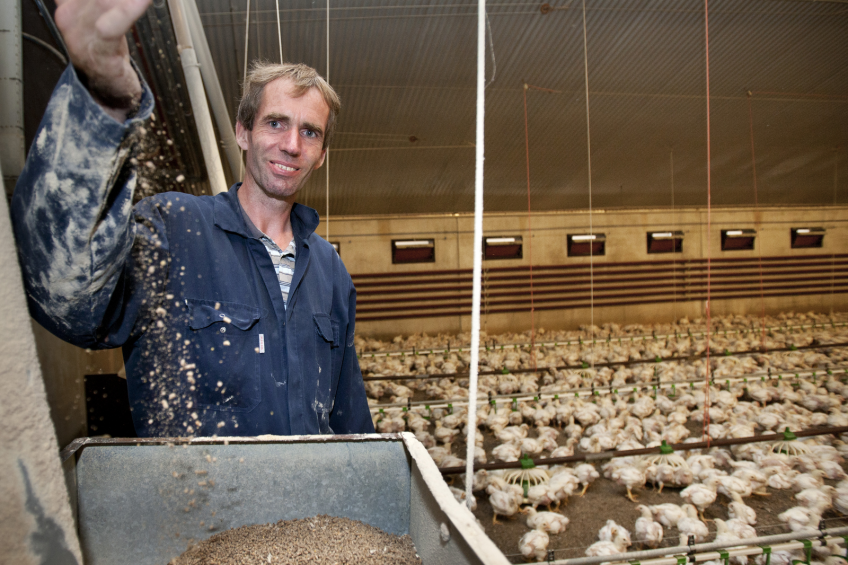Effects of pre- and pro-encapsulated E. faecalis in broilers

The use of antibiotics as a growth promoter in animal feeds has been banned in a large part of the world, because of residue problems and the development of antibiotic resistant microorganisms. Research showed that as an alternative, the addition of probiotics to animal diets in several cases has improved growth performance, intestinal microflora and morphology and immunity.
Due to conditions of high humidity, high pelleting temperatures and pressure, drying and other processes during feed preparation, probiotic activity may decrease. Additionally, there is also poor survival of bacteria during passage through the upper gastrointestinal system. To increase the resistance of these sensitive microorganisms to adverse environmental conditions several approaches have been reported.
These include:
- the appropriate selection of acid- and bile-resistant strains,
- stress adaptation, and
- the microencapsulation technology for targeted delivery to the gastrointestinal tract.
Applications of microcapsules to living cells can be divided into 2 general types:
- pre-encapsulation and
- pro-encapsulation.
Also interesting: How pre- and probiotics affect livestock
Professor Richard Ducatelle from the University of Ghent explains exactly how pre- and probiotics work and what the ifs and buts are in using them.
In pre-encapsulation, a small volume of cells are mixed with the encapsulation materials to produce the microcapsules; the most suitable method is emulsion.
In pro-encapsulation, fully-grown probiotic cells are collected and mixtures of cell concentrates are dried with aqueous solutions of a large variety of protecting products; the most popular method is spray drying.
Comparing pre- and pro-encapsulation of probiotics
In recent years, spray drying has been utilised to encapsulate probiotic cells as an alternative to the encapsulation methods based on emulsion. Enterococcus faecalis, a group of lactic acid bacteria that occur naturally in the human intestine, has been developed for commercial use as a probiotic for animals. E. faecalis was pre- and pro-encapsulated by emulsion and spray drying, respectively, and the effects of these treatments were evaluated.
Broilers: pre-encapsulation proved more efficient
In broiler chickens growth performance, effects on immune function, antioxidant activity, and the caecal microflora were measured. Treatment included basal diets and diets to which antibiotics, pre- and pro encapsulated E. faecalis strains were added. Pre- and pro-encapsulation decreased the feed conversion ratio significantly. Overall pre-encapsulation of the E. faecalis strains proved more efficient with regard to antioxidant activity and immune function.
[Source: Zhang, J. Li, T. T. Yun, W. T. Qi, X. X. Liang, Y. W. Wang and A. K. Li, Poultry Science.]












